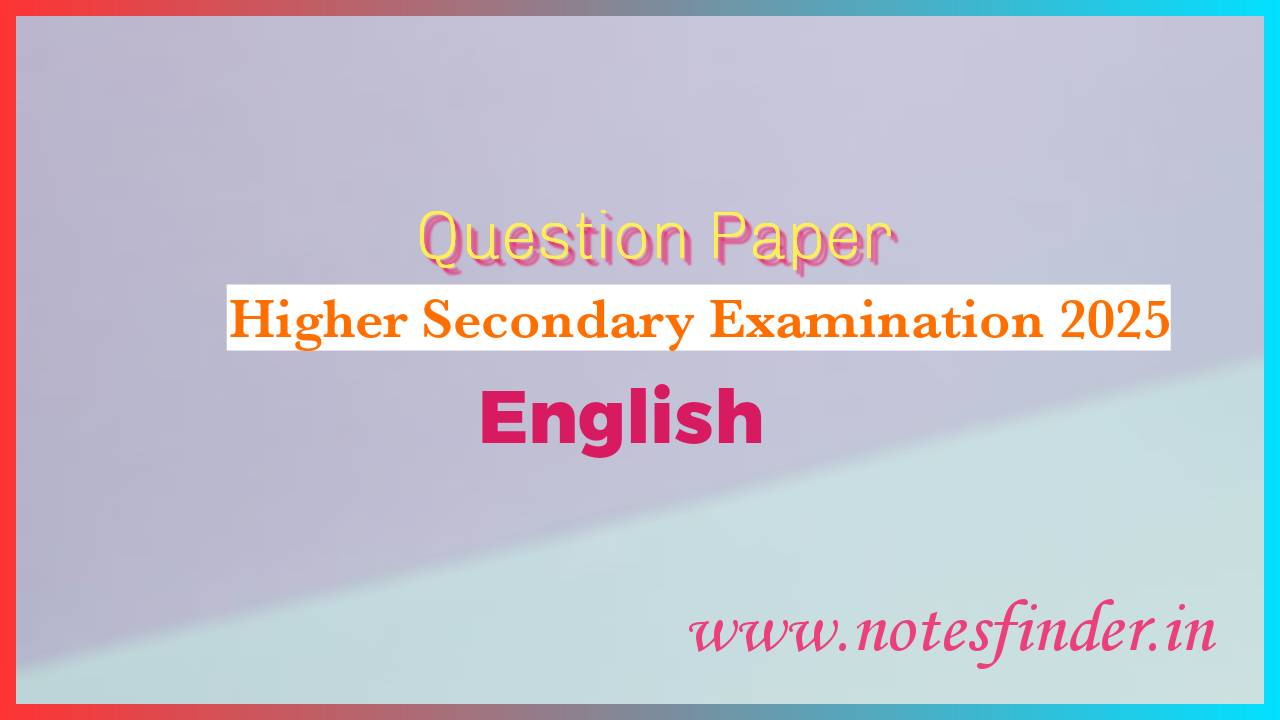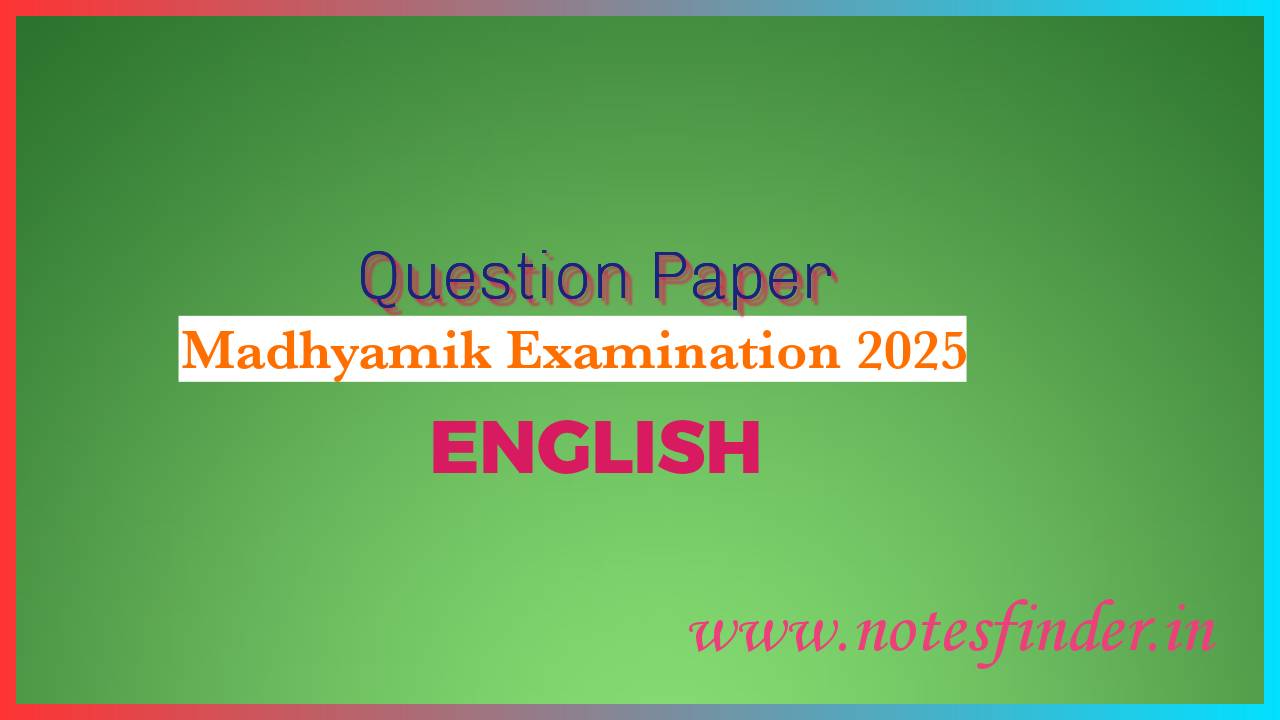1. ‘Earth has not anything to show more fair.’ – What prompts the poet to say so? [5]
Or
‘Ne’er saw I, never felt, a calm so deep!’ – What prompts the poet to say so?
Answer: The poet William Wordsworth is deeply moved by the breathtaking beauty of London in the early morning. As he walks across Westminster Bridge, he is captivated by the ethereal charm of the city, devoid of human activity and noise. Every element, such as the ships, towers, domes, theatres and temples shine brilliantly. The poet experiences a profound tranquility that he has never felt before. The city glows in the sunlight, and the Thames River flows calmly as if guided by its own gentle will. This transformation of the busy city into a dreamlike realm inspires the poet to express his emotions.
2. ‘A sight so touching in its majesty.’ – What is the sight referred to here? What does the poet feel about the sight? Who would be dull of soul and why? [1+1+3 = 5]
Answer: The breathtaking beauty of the great city of London in the early morning observed from Westminster Bridge is referred to here.
The poet feels that the sight is so beautiful that it cannot be compared to anything.
The poet was highly impressed with the view of the city of London. He feels that no man can move without appreciating the charming sight. If a person would pass by ignoring the breathtaking beauty, he would be considered a dull soul or a person with aesthetic insensibility.
3. ‘Dull would he be of soul….’ – Who says this and where? Who prompts the poet to say this? What does the poet want to convey here? [2+1+2 = 5]
Answer: William Wordsworth says this in the sonnet ‘Upon Westminster Bridge’.
The breathtaking view of the London city from the Westminster Bridge in the early morning prompts the poet to say this.
The poet wants to convey that if a person would pass by without enjoying the beauty of the glorious morning, he would be regarded as a dull soul or a person with aesthetic insensibility.
4. “The beauty of the morning; silent, bare” – What beauty does the poet refer to? Why is the beauty called ‘silent, bare’? [2+3 = 5]
Answer: The poet describes the beauty of London at daybreak from Westminster Bridge.
The beauty of the morning is silent because it is the time of the early morning. The city is in a state of sleep and so, it is free from noise and activities. It is bare because there is nothing to obstruct the poet’s vision due to smokeless air. Everything is clear and glittering. The absence of noise and activity allows the observer to fully appreciate the tranquility.
5. How does the poet look upon the sun in ‘Upon Westminster Bridge’? What is so deep and why? [2+1+2 = 5]
Answer: The brilliant rays of the sun in the early morning make the valleys, the rocks and the hills brighter and glittering. The poet feels that the sun has never shone more beautifully than it does this morning.
The calmness of the morning is so deep.
The calmness is so deep because the great city of London which is usually noisy during day time is lying still.
6. ‘A sight so touching in its majesty.’ – What is the sight referred to here? How does the poet describe the sight? [1+4 = 5]
Or, Describe after Wordsworth, the city of London as given in the poem, ‘Upon Westminster Bright’.? [5]
Answer: The sight of London viewed from the Westminster Bridge in the early morning is referred to here.
According to the poet the beauty of the morning of the city is silent and bare. The ships, towers, domes, theatres and temples look bright and glittering in the smokeless air. The landscapes like the valley, rock and hill look extremely beautiful. The Thames River is now flowing freely of its own sweet will. The calmness of the sight is profound.
7. What is personification? How has Wordsworth employed this figure of speech in the poem? [2+3 = 5]
Answer: Personification is a figure of speech in which an inanimate object or an abstract concept is given human attributes and/or feelings or is spoken of as if it were human.
In the sonnet, Upon Westminster Bridge, William Wordsworth employed this figure of speech by personifying the city of London, the river Thames and the houses. London city like a human wears the garment of the morning beauty, the river Thames is gliding of its own sweet will and the houses seem asleep.
Read More Leela's Friend - RK Narayan Multiple Choice Questions (MCQ) from Leela's Friend Short Answer Questions (SAQ) from Leela's Friend Long Answer Questions (LAQ) from Leela's Friend Karma - Khushwant Singh Multiple Choice Questions (MCQ) from Karma Short Answer Questions (SAQ) from Karma Long Answer Questions (LAQ) from Karma Jimmy Valentine - O. Henry Multiple Choice Questions (MCQ) from Jimmy Valentine Short Answer Questions (SAQ) from Jimmy Valentine Long Answer Questions (LAQ) from Jimmy Valentine Nobel Lecture - Mother Teresa Multiple Choice Questions (MCQ) from Nobel Lecture Short Answer Questions (SAQ) from Nobel Lecture Long Answer Questions (LAQ) from Nobel Lecture The Place of Art in Education - Nandalal Bose Multiple Choice Questions (MCQ) from The Place of Art in Education Short Answer Questions (SAQ) from The Place of Art in Education Long Answer Questions (LAQ) from The Place of Art in Education Composed Upon Westminster Bridge - William Wordsworth Multiple Choice Questions (MCQ) from Composed Upon Westminster Bridge Short Answer Questions (SAQ) from Composed Upon Westminster Bridge Long Answer Questions (LAQ) from Composed Upon Westminster Bridge Meeting at Night - Robert Browning Multiple Choice Questions (MCQ) from Meeting at Night Short Answer Questions (SAQ) from Meeting at Night Long Answer Questions (LAQ) from Meeting at Night The Sick Rose - William Blake Multiple Choice Questions (MCQ) from The Sick Rose Short Answer Questions (SAQ) from The Sick Rose Long Answer Questions (LAQ) from The Sick Rose Brotherhood - Octavio Paz Multiple Choice Questions (MCQ) from Brotherhood Short Answer Questions (SAQ) from Brotherhood Long Answer Questions (LAQ) from Brotherhood Daybreak - Henry Wadsworth Longfellow Multiple Choice Questions (MCQ) from Daybreak Short Answer Questions (SAQ) from Daybreak Long Answer Questions (LAQ) from Daybreak



